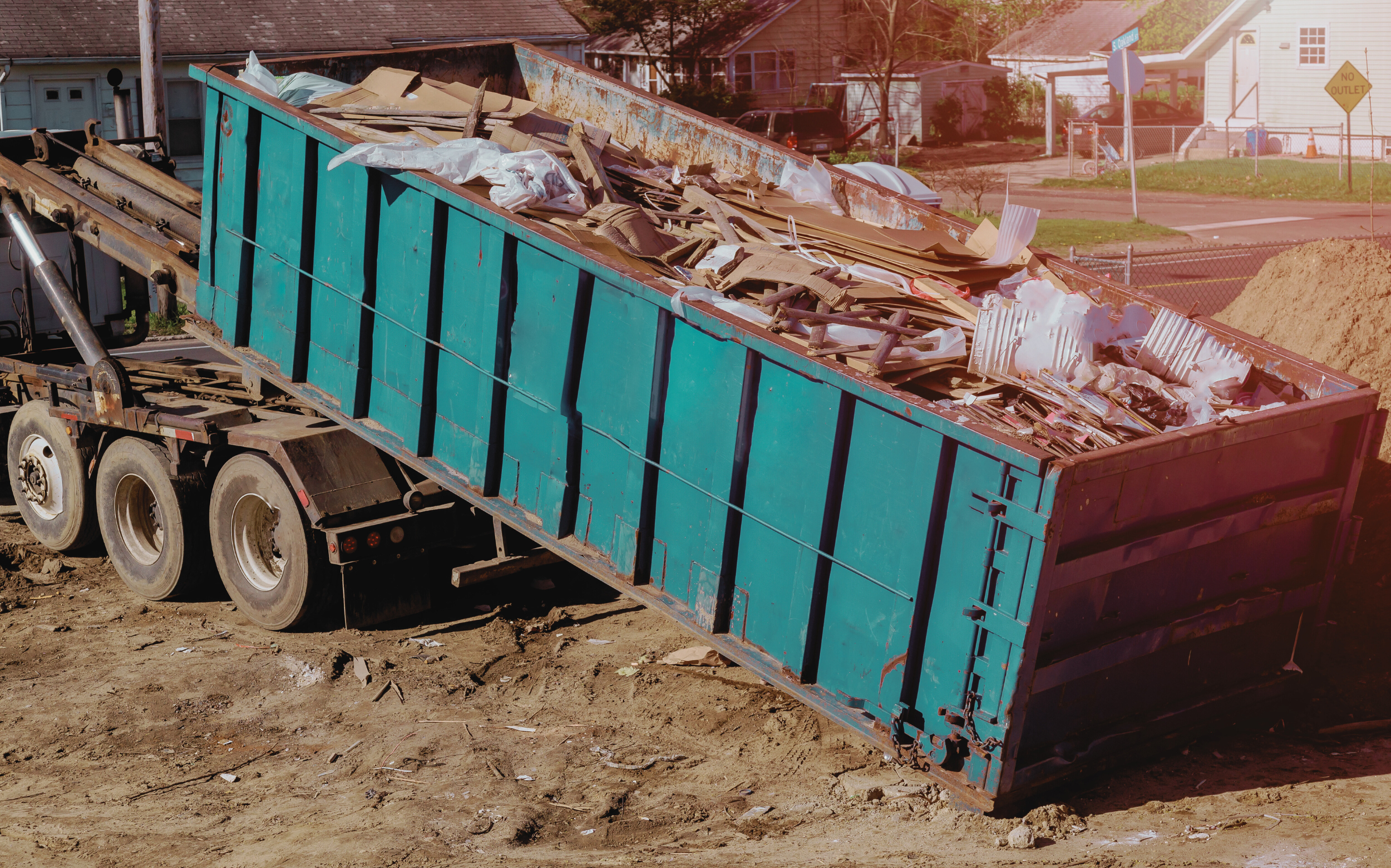Handling medical and solid waste responsibly is more than a regulatory requirement—it's a matter of public health and environmental sustainability. Every hospital, clinic, and laboratory produces a substantial amount of waste that, if not treated properly, could pose serious risks. In this context, the importance of specialized waste management providers has surged significantly. Among the names contributing to this critical sector, NEIE Medical Waste Services has emerged as a trusted and specialized partner. This article explores the pivotal role of medical and solid waste disposal services, highlighting how proper handling practices contribute to long-term environmental and societal benefits.
THE URGENT NEED FOR SPECIALIZED MEDICAL WASTE MANAGEMENT
The management of medical waste has evolved dramatically over the past few decades, but challenges remain. Needles, expired medications, surgical remnants, and pathological waste must be handled with extreme caution. In the middle of these complexities, NEIE Medical Waste Services plays a crucial role in ensuring compliance with health and safety regulations while maintaining operational efficiency for healthcare facilities. Their streamlined approach minimizes human exposure to infectious materials and ensures that each waste category is treated with the specific method it requires. This professional handling dramatically reduces contamination risks and enhances institutional hygiene and safety protocols.
UNDERSTANDING THE ROLE OF NEIE IN MEDICAL WASTE SOLUTIONS
Modern healthcare settings demand reliable waste management partners who can handle both volume and diversity. NEIE Medical Waste Services has built its foundation on trust, punctuality, and scientific handling methods. By staying updated with evolving federal and state regulations, the service ensures waste is managed in an environmentally responsible manner. Their team of trained professionals identifies, segregates, and processes hazardous and non-hazardous waste using the latest technologies. This system not only improves environmental outcomes but also boosts the efficiency of healthcare institutions, freeing them from the logistical burden of internal waste handling and allowing them to focus entirely on patient care.
EXPLORING THE ENVIRONMENTAL IMPACT OF POOR SOLID WASTE HANDLING
Improper solid waste disposal can trigger significant environmental degradation, especially in high-volume zones such as hospitals and labs. Unsegregated or untreated waste, when dumped into landfills, can release toxins and microorganisms into the soil and water systems. It's here that services like NEIE solid waste disposal step in to reduce environmental exposure through systematic waste segregation, transport, and neutralization methods. By implementing sustainable practices, this approach prevents long-term damage to ecosystems. Managing this waste stream responsibly means protecting both urban communities and the natural environment from exposure to biohazardous materials.
HOW NEIE TACKLES SOLID WASTE WITH INNOVATIVE TECHNIQUES
Efficiency and sustainability are the two core principles behind NEIE solid waste disposal services. The company incorporates industry-approved sterilization and recycling technologies to limit landfill usage. It emphasizes minimizing the volume of waste that reaches incineration or dumping grounds by introducing eco-friendly alternatives at every stage. In the middle of increasing regulatory oversight and growing ecological concerns, this operational strategy places them ahead of many traditional disposal services. It also offers customizable service plans for facilities of different sizes, ensuring the waste management model fits the client's needs without compromising environmental standards.
ENSURING COMPLIANCE AND SAFETY THROUGH TRAINED EXPERTISE
One of the less visible but most critical aspects of regulated waste handling lies in the training and awareness of those performing the job. NEIE solid waste disposal ensures that each team member receives extensive safety and compliance training to operate with minimal risk. The staff is trained not only to handle waste but also to document and track it from origin to final disposal, maintaining transparency and full traceability. This approach aligns with national and international compliance protocols and boosts the credibility of the institutions that rely on the service. When waste is managed through clear, accountable channels, risk mitigation becomes a predictable outcome.
CONCLUSION: A COMPREHENSIVE APPROACH TO WASTE MANAGEMENT
In a world that increasingly prioritizes sustainability and public health, waste management services are no longer auxiliary—they are central to responsible healthcare. NEIE Medical Waste Services offers a comprehensive suite of solutions designed to meet the varied needs of medical institutions while upholding environmental stewardship. From infectious material removal to eco-conscious solid waste processing, their model sets a benchmark. To learn more about how their solutions can align with medical compliance and environmental goals, visit When proper care is taken at every step, even waste becomes a symbol of accountability and foresight.







